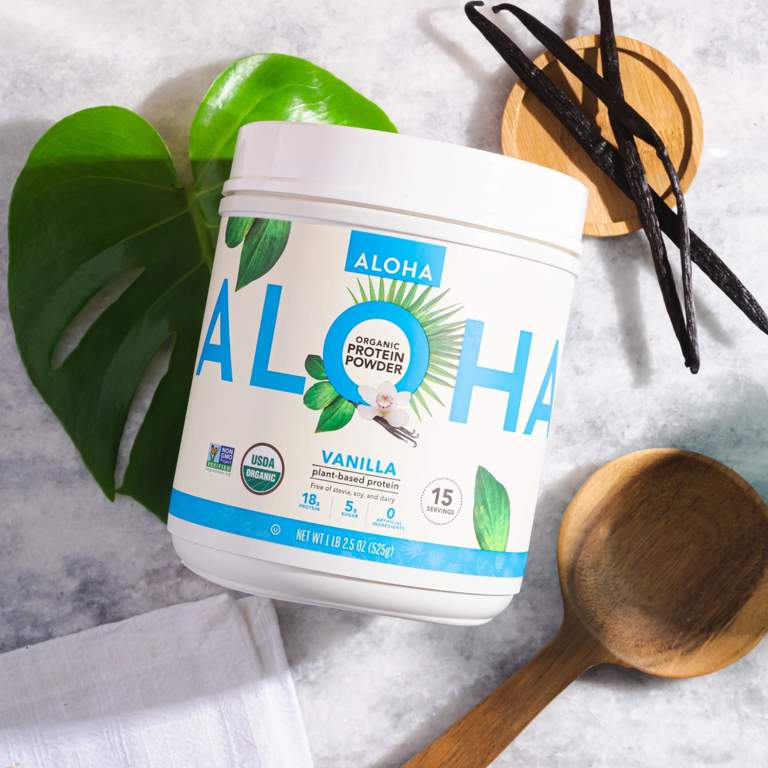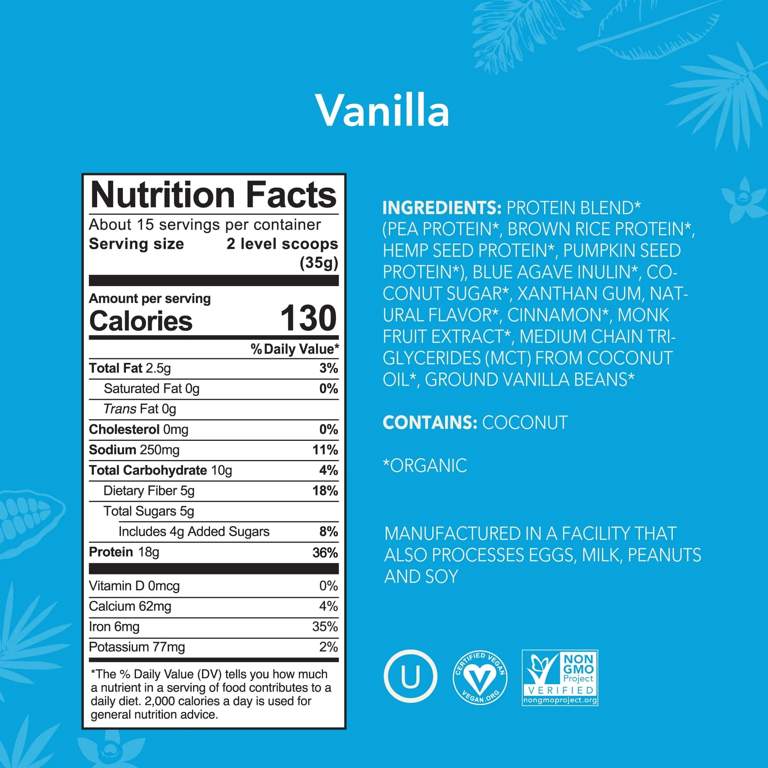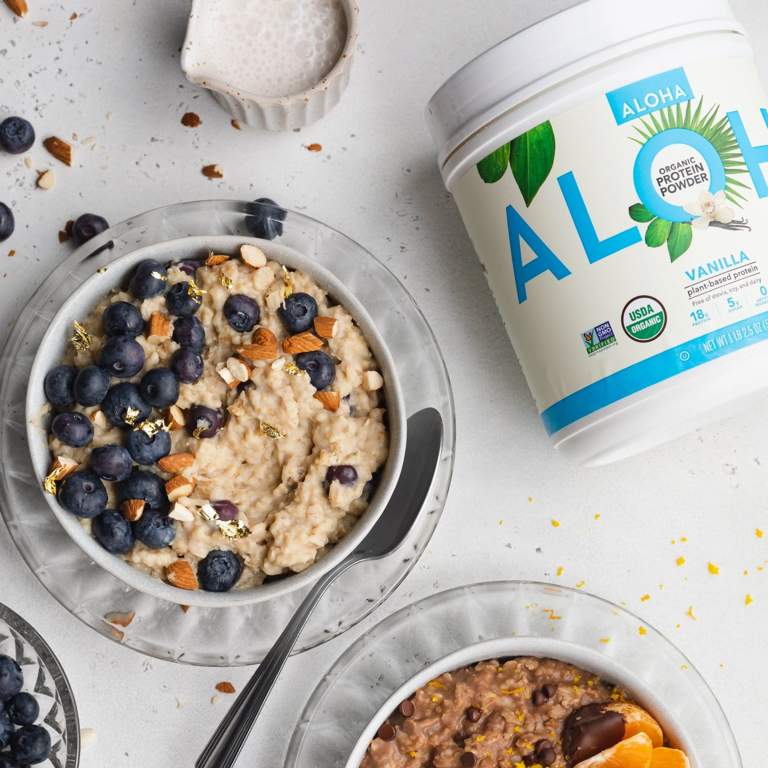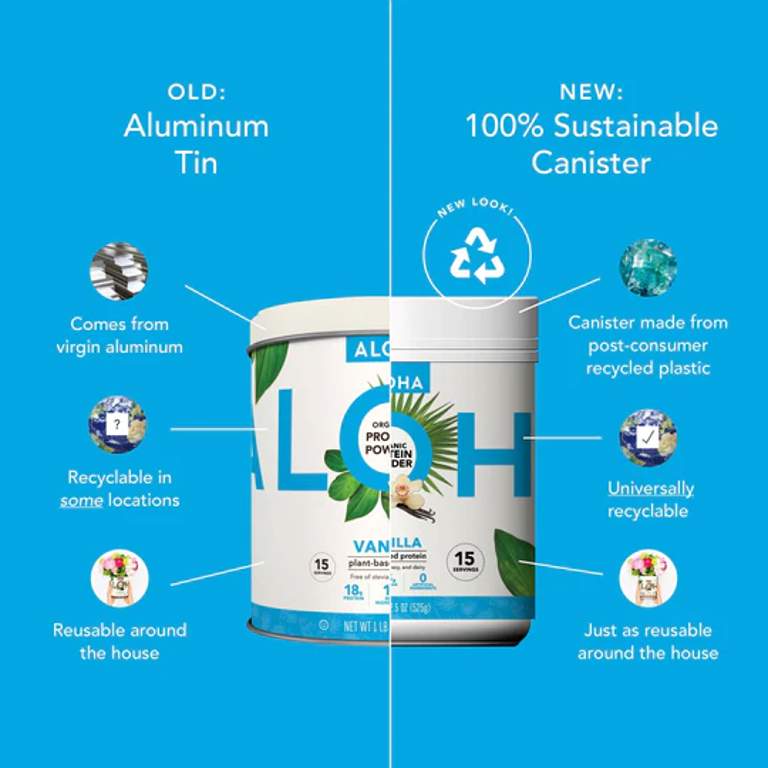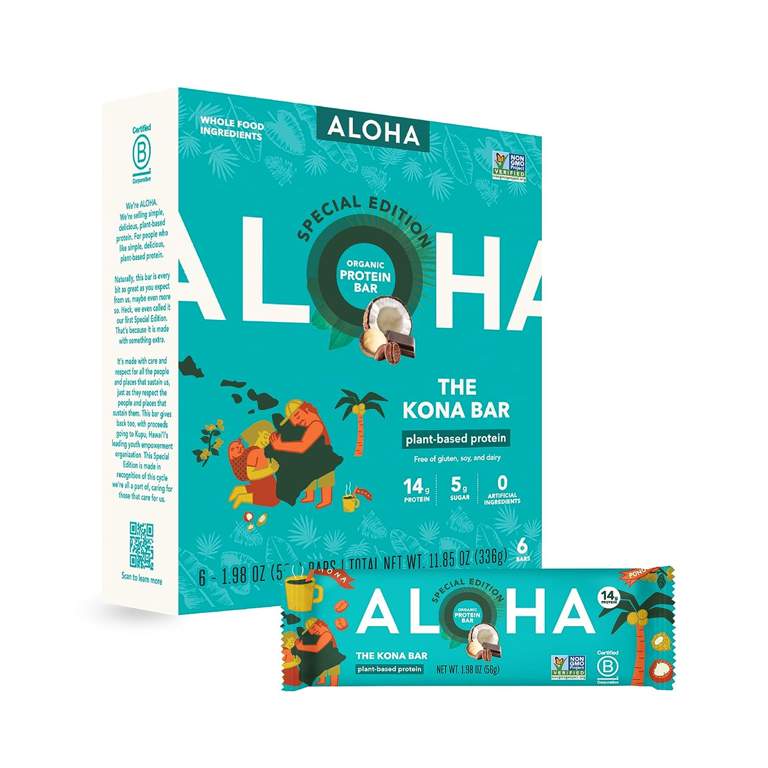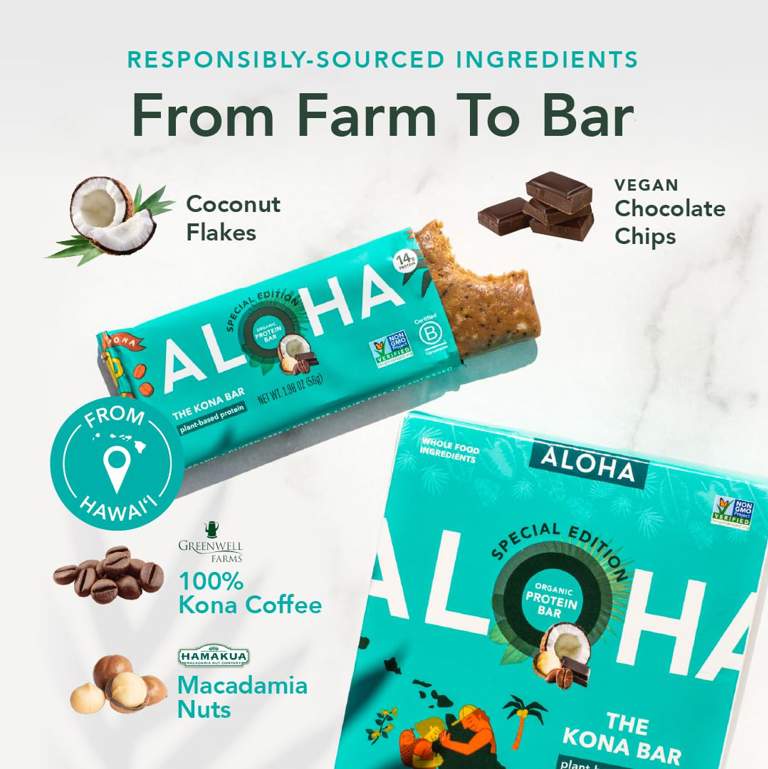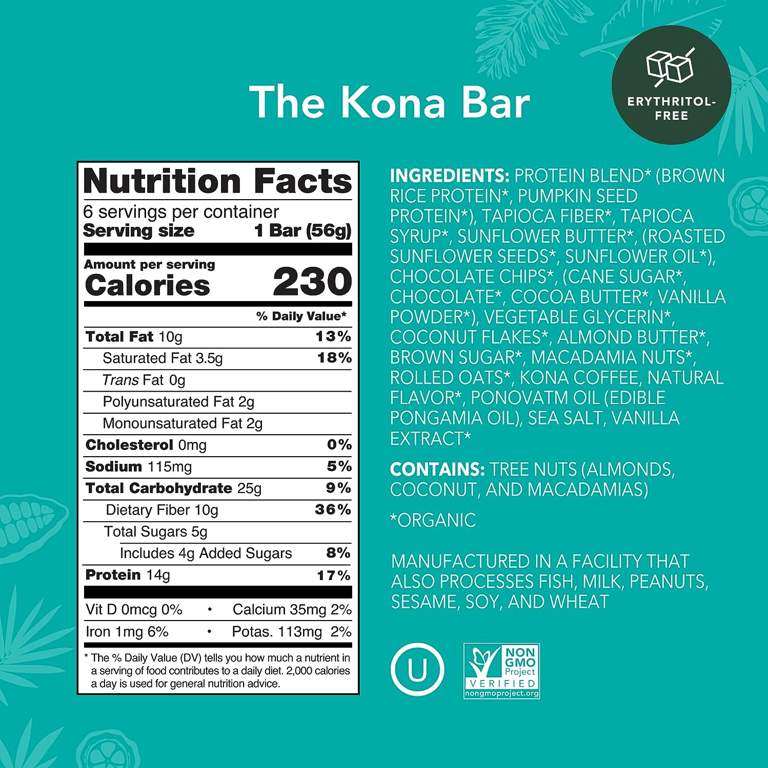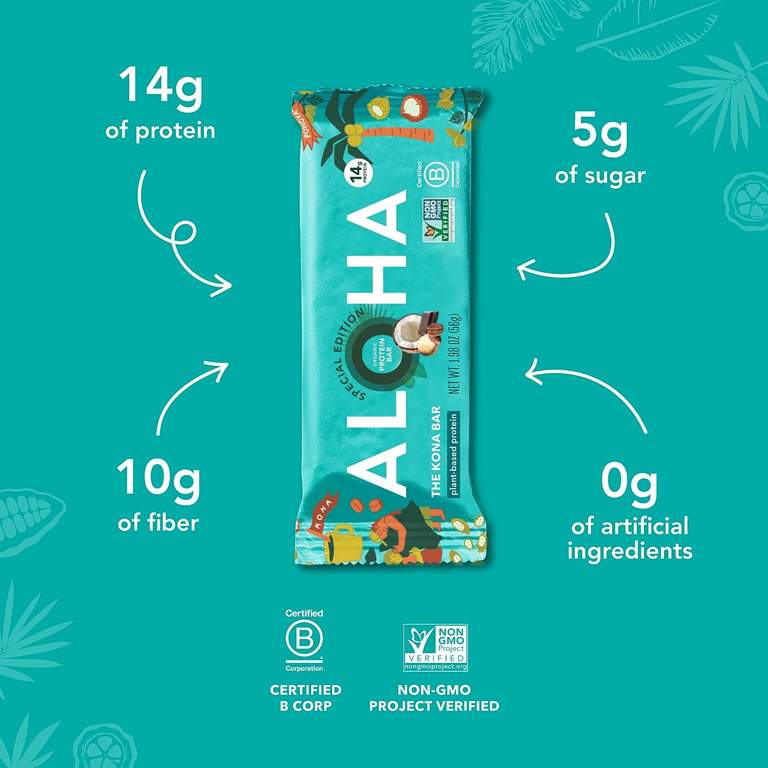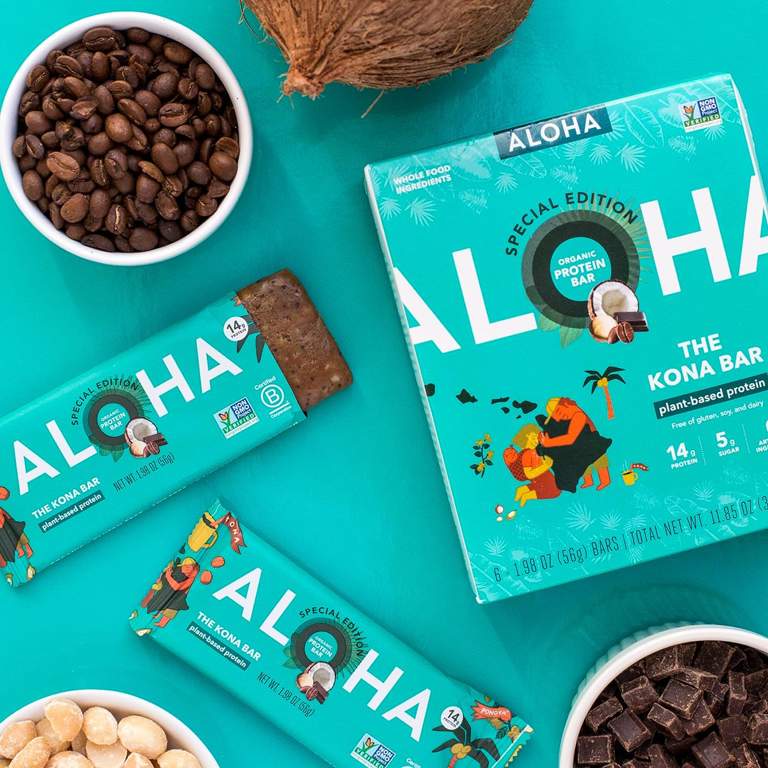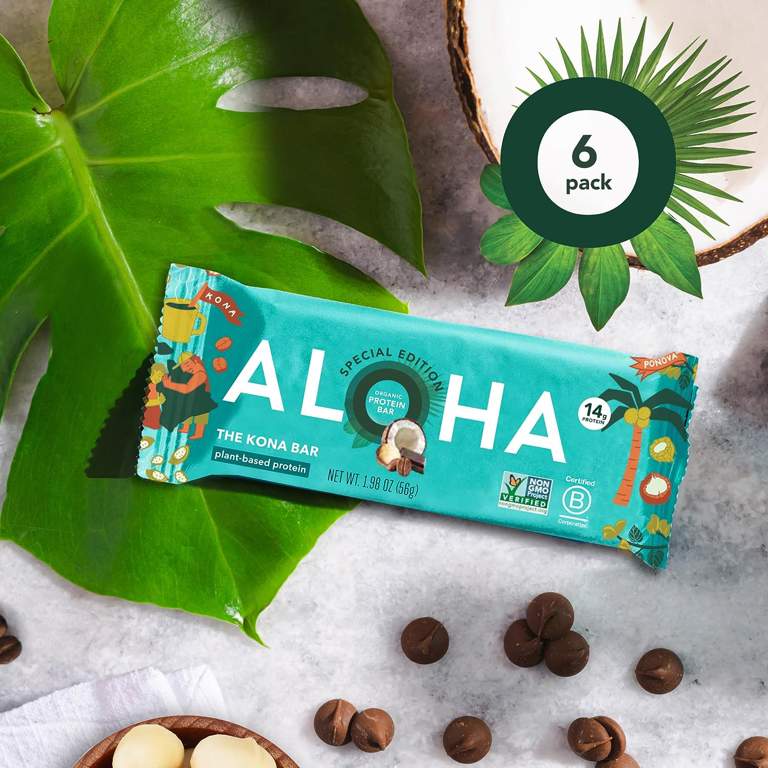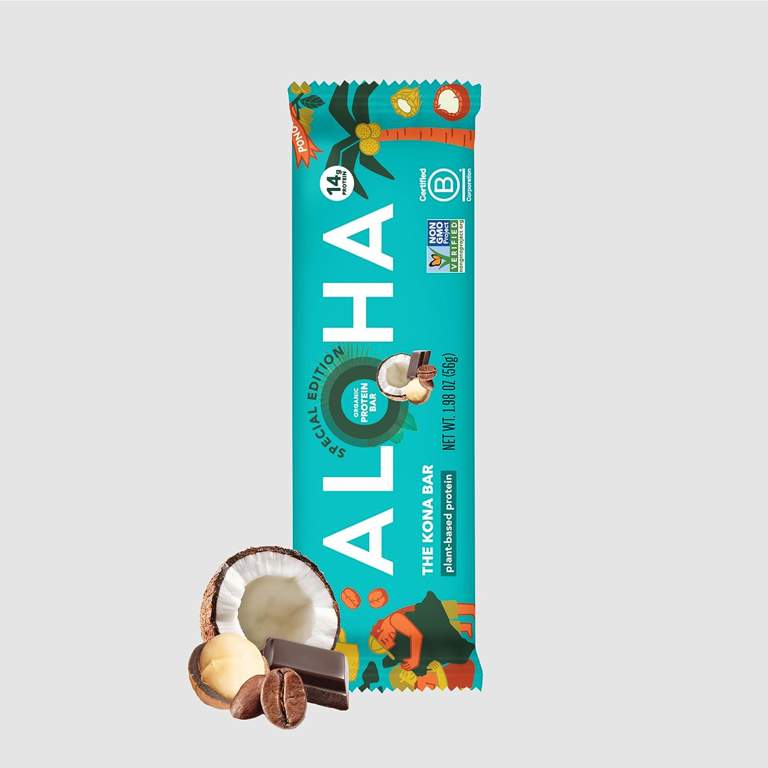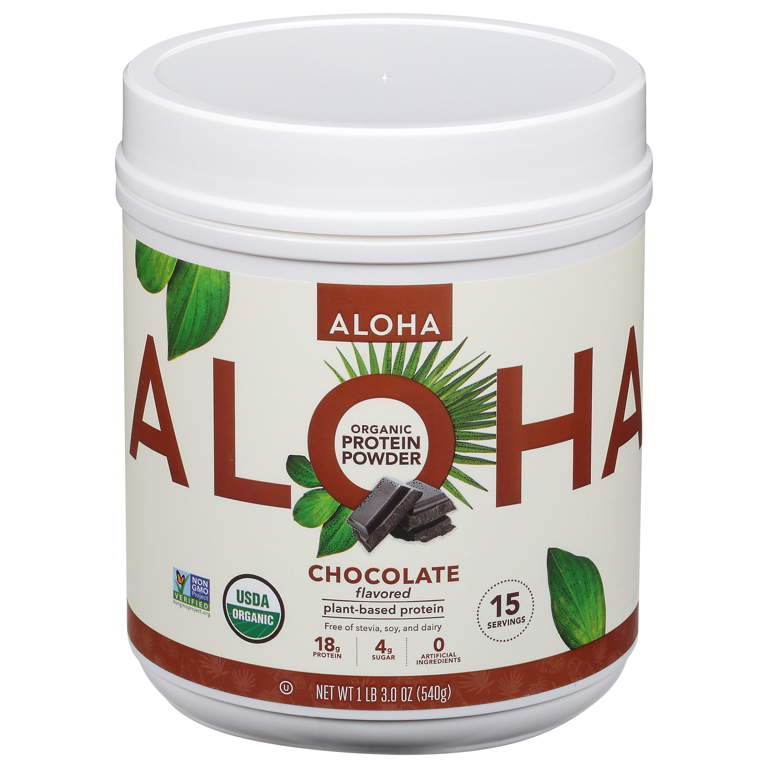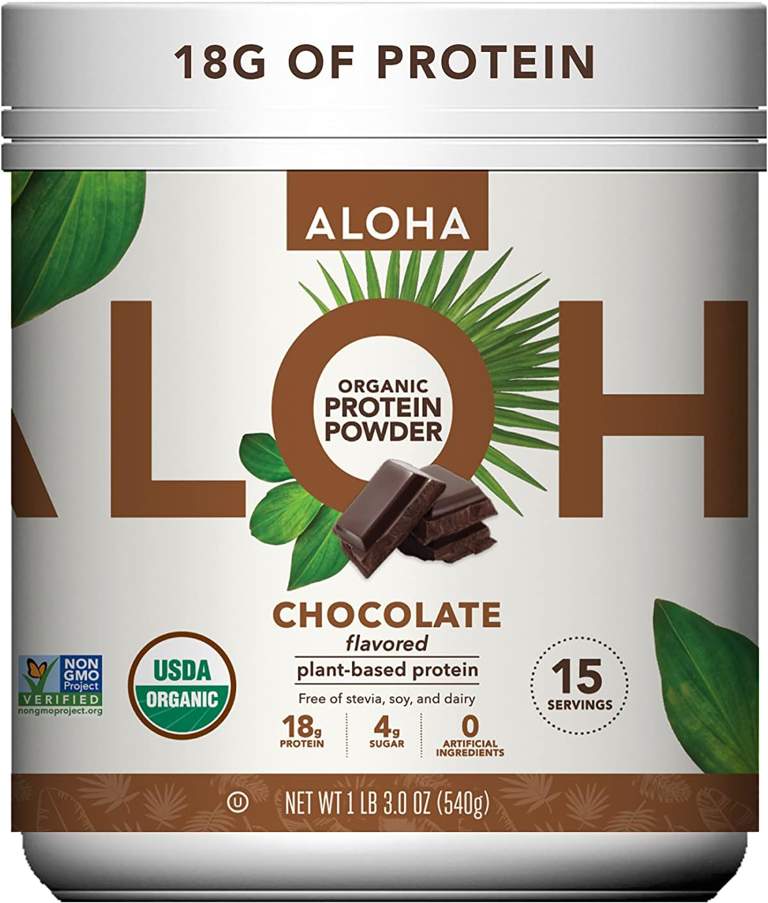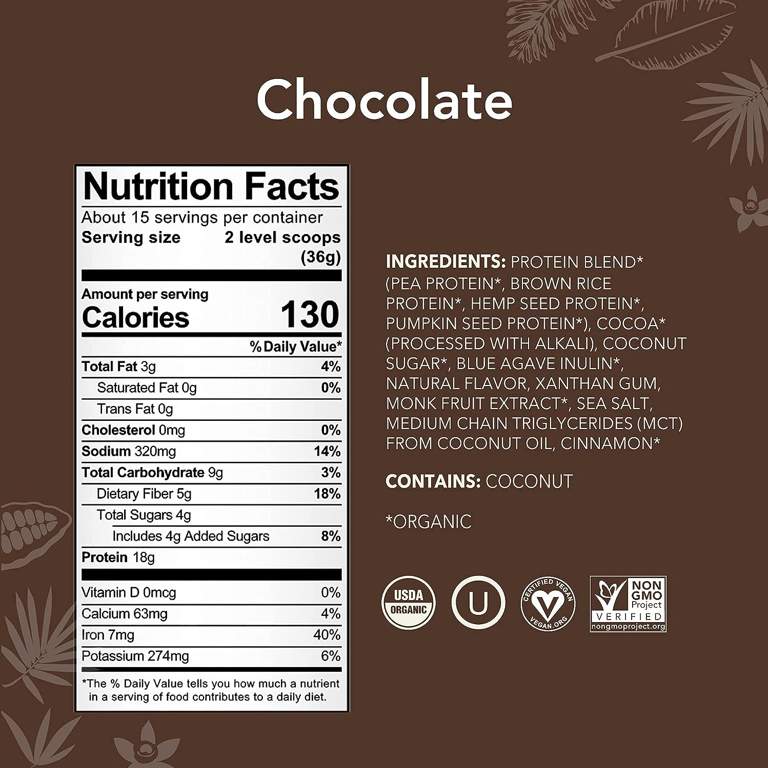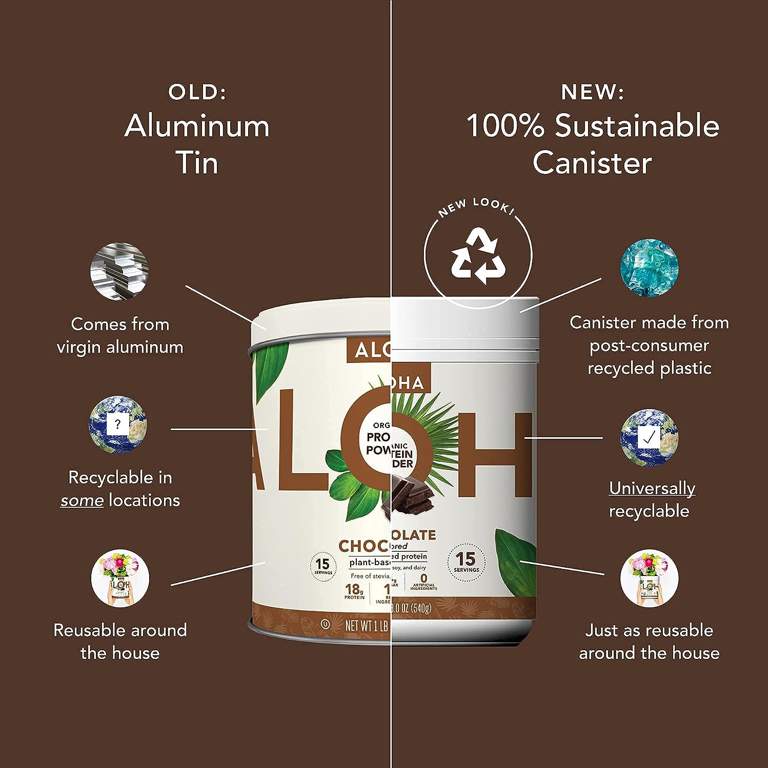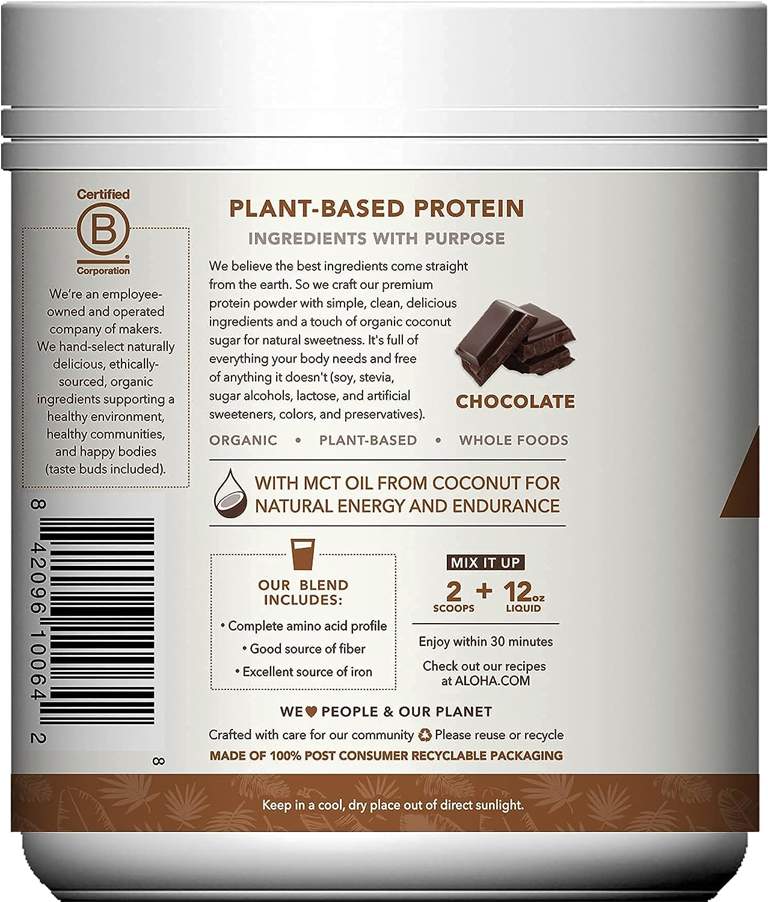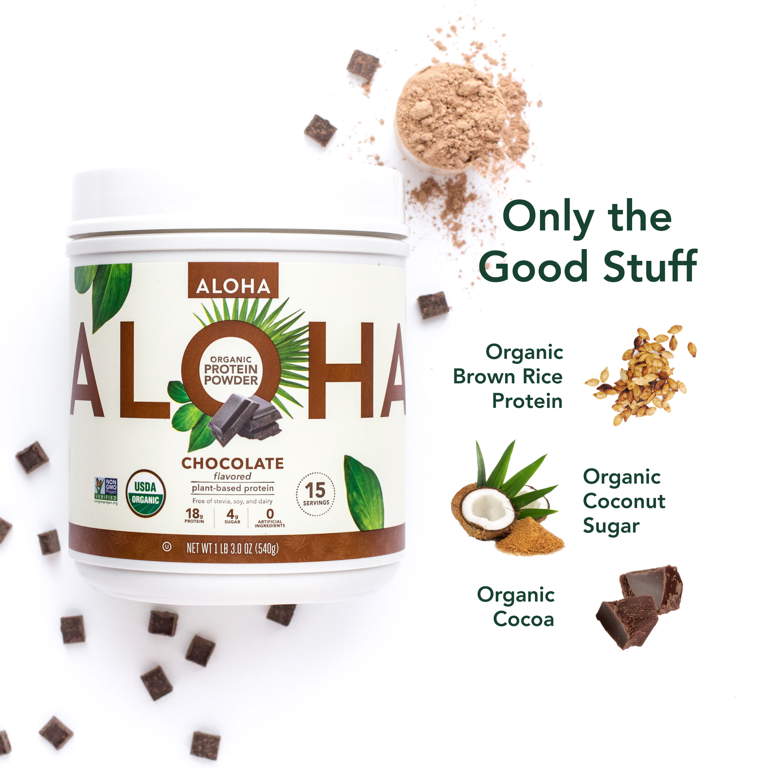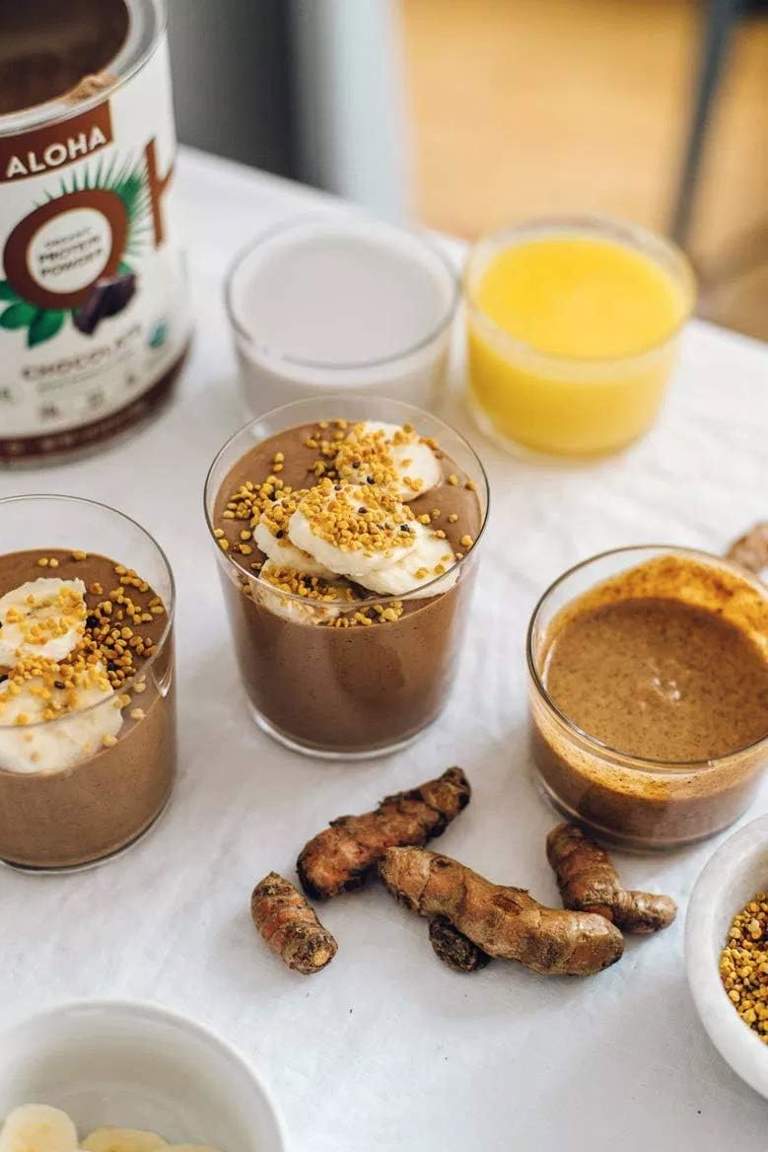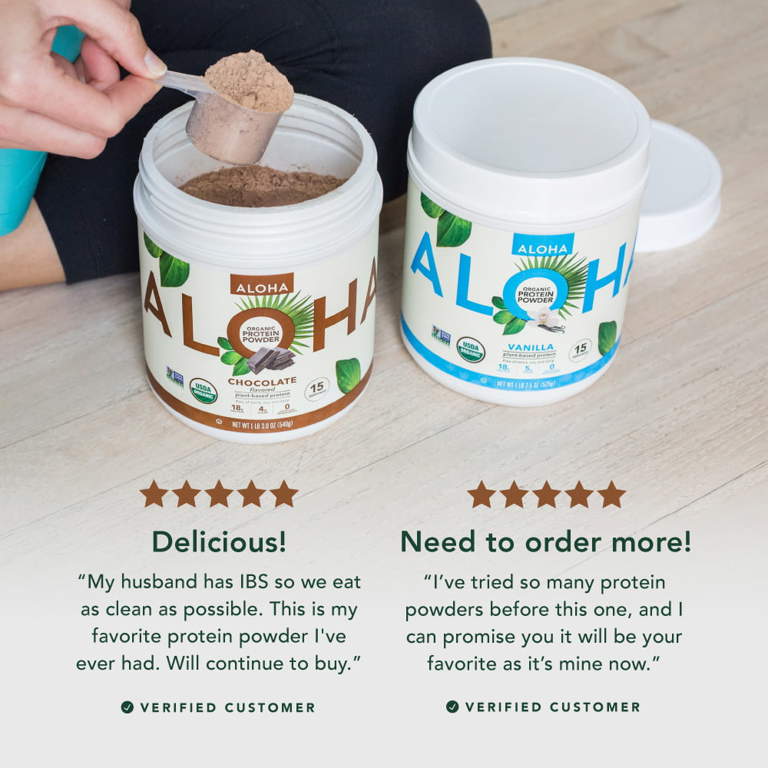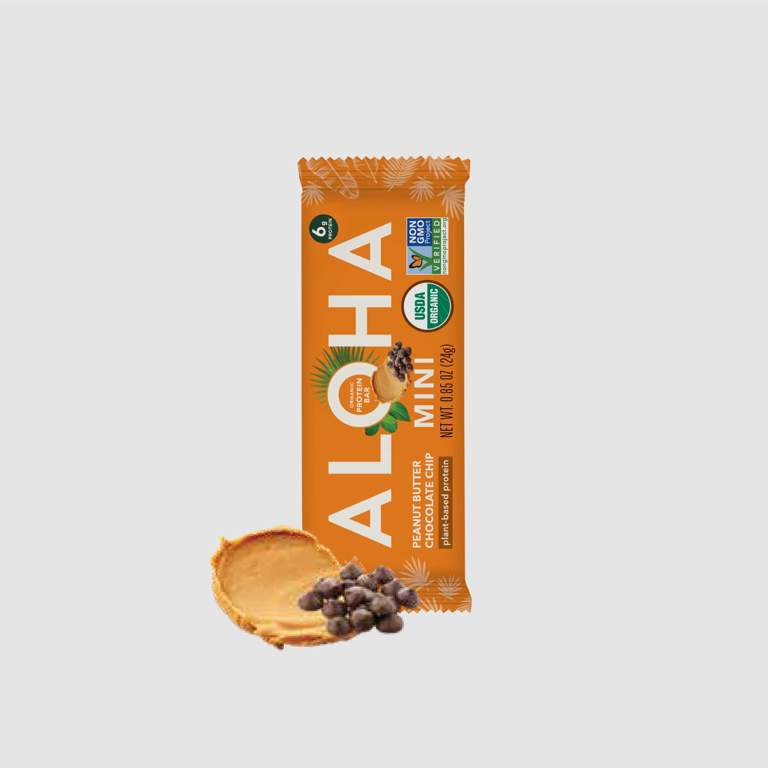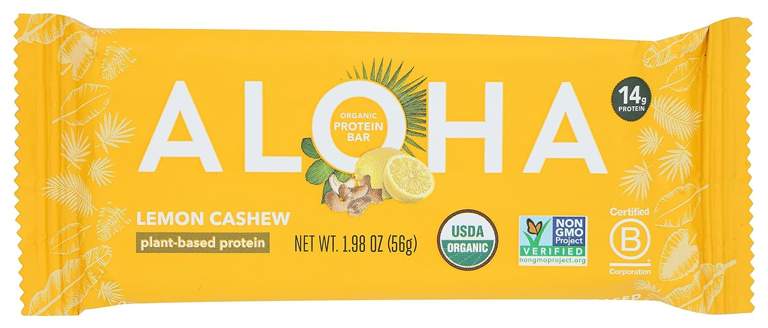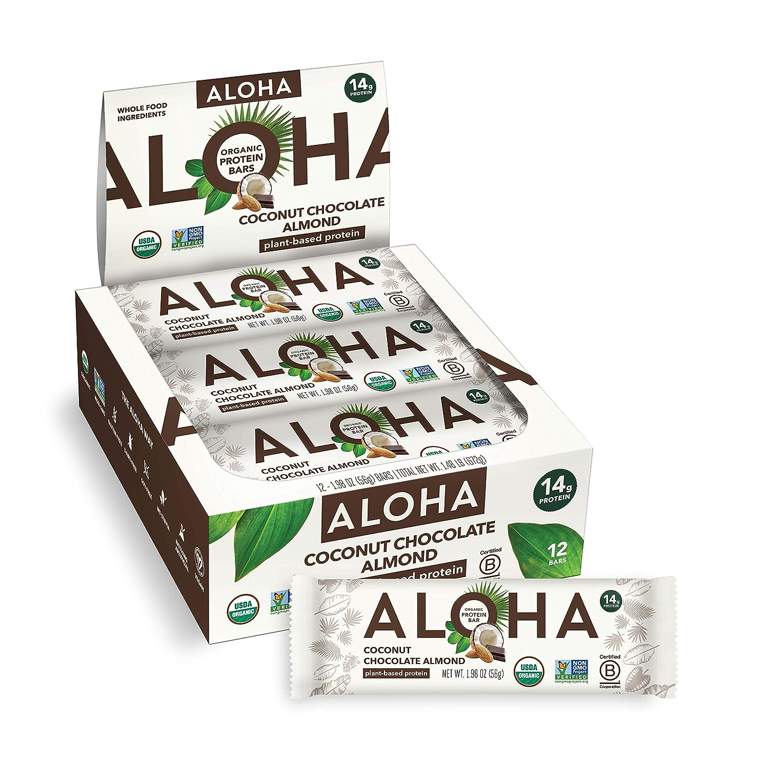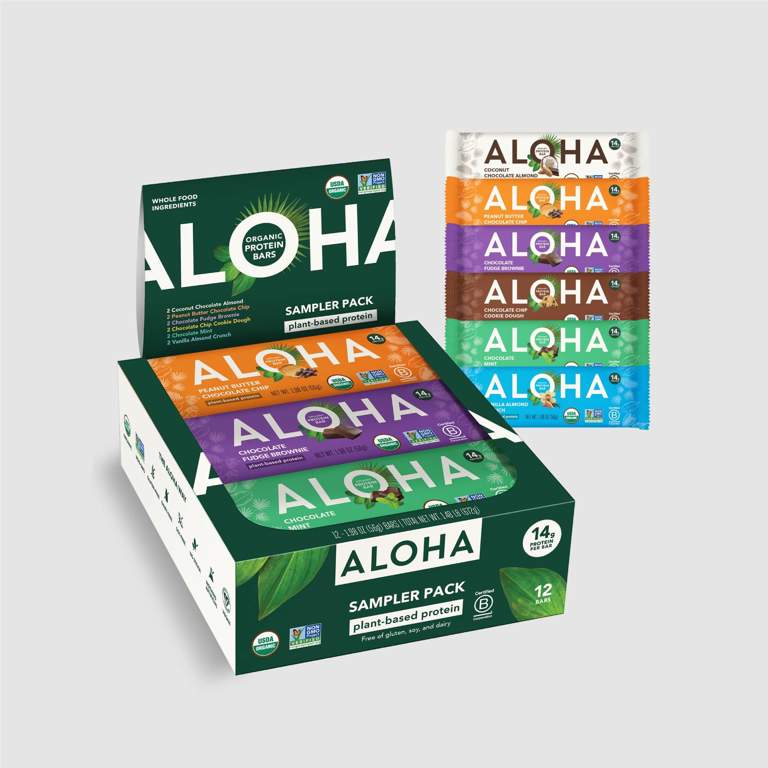Bestsellers for ALOHA Ingredients
In the world of health and wellness, sunflower seed oil often pops up as a topic of conversation. Is it the heart-healthy choice some claim it to be, or does it hide potential risks? With various types available on the market, understanding its benefits and uses can feel like navigating through a maze. Let's dive into what makes sunflower seed oil unique, debunk common myths surrounding it, and explore how this versatile ingredient fits into your daily diet. Whether you're whipping up a quick meal for your family or looking for that perfect addition to your smoothie bowl, we'll help you figure out if sunflower seed oil deserves a spot in your pantry.
Sunflower Seed Oil and Your Health

Sunflower seed oil is a popular choice for those looking to maintain a healthy lifestyle, and for good reason. It's packed with nutrients that offer several health benefits, making it a versatile addition to any diet. High-oleic sunflower oil, in particular, is celebrated for its heart health benefits due to its rich content of monounsaturated fats. These fats help normalize cholesterol levels, reduce inflammation, and lower the risk of heart disease. This makes high-oleic sunflower oil an excellent option for individuals focused on cardiovascular health.
Additionally, sunflower oil is beneficial for skin care. Its high vitamin E content acts as an antioxidant, protecting skin cells from damage caused by free radicals. This can lead to healthier-looking skin when sunflower oil is applied topically. For busy professionals and parents who may not always have time for extensive skincare routines, incorporating sunflower oil can be a simple yet effective way to maintain skin health.
The immunity-boosting properties of sunflower oil are another significant benefit. Vitamin E also supports the body's defense system by safeguarding immune cells from harm. This can contribute to a stronger immune system, helping you stay healthy amidst your busy schedule.
In summary, sunflower seed oil offers multiple health benefits that align with the needs of health-conscious individuals. Whether you're looking to support heart health, improve your skin's appearance, or boost your immune system, incorporating sunflower seed oil into your diet could be a beneficial step towards achieving your wellness goals. With ALOHA's commitment to promoting healthier lifestyles through plant-based nutrition, understanding the advantages of ingredients like sunflower seed oil can empower you to make informed choices about your diet and overall well-being.
Types of Sunflower Seed Oil

Sunflower seed oil comes in different types, each with its unique properties and health benefits. The most common types are high-oleic, mid-oleic, and high-linoleic sunflower oil.
High-oleic sunflower oil, the type we use at ALOHA, is rich in monounsaturated fats, making it a heart-friendly choice that can help maintain healthy cholesterol levels. This type of oil is particularly beneficial for those focused on cardiovascular health, as it supports heart function without compromising taste or cooking performance.
Mid-oleic sunflower oil offers a balanced approach with moderate levels of both monounsaturated and polyunsaturated fats. This versatility makes it suitable for various cooking methods, from baking to frying, providing a healthier alternative without sacrificing flavor.
High-linoleic sunflower oil is abundant in polyunsaturated fats, specifically omega-6 fatty acids. While these fats are essential for the body, balance is key since excessive intake of omega-6s can lead to inflammation and other health issues. Therefore, high-linoleic sunflower oil is best used in moderation and as part of a diet that also includes omega-3 fatty acids to maintain a healthy balance.
Each type of sunflower seed oil has its specific use and benefits. For instance, high-oleic sunflower oil's stability at high temperatures makes it ideal for cooking at high heat. In contrast, the more delicate nature of high-linoleic sunflower oil suits cold dishes like salads better.
Understanding these differences can help you make informed choices about which type of sunflower seed oil to incorporate into their diets based on their health goals and cooking needs.
Sunflower Seed Oil Extraction Methods

Just as sunflower seed oil comes in different types, sunflower seed oil is also extracted using various methods, each with differing impacts on health.
Physical Extraction: Expeller Pressed
When it comes to extracting oil from sunflower seeds, the method used plays a crucial role in determining the quality and health benefits of the final product. One such method is expeller pressing, a mechanical process that physically squeezes oil out of the seeds without using chemical solvents. This technique is particularly significant for producing high-oleic sunflower seed oil, a variant rich in oleic acid. Oleic acid is a monounsaturated fatty acid known for its positive effects on heart health. Moreover, high-oleic oils have a longer shelf life and are more stable when exposed to heat, making them an excellent choice for cooking.
For an oil to be certified organic by the United States Department of Agriculture (USDA), it must meet stringent requirements, including being extracted without chemical solvents like hexane. USDA-certified organic oils are guaranteed to be free from synthetic additives and processed in a manner that supports ecological balance and promotes biodiversity conservation. At ALOHA, we only use expeller pressed oils that meet the USDA-criteria.
Chemical Extraction: Hexane
Hexane is commonly used in solvent extraction methods due to its efficiency in separating oil from seeds. However, this chemical solvent is not without its drawbacks. Classified as a neurotoxin and derived from petroleum, hexane poses significant health risks upon exposure. It can lead to neurological problems in humans and has detrimental effects on wildlife and ecosystems where it is released as a pollutant. The use of hexane in oil extraction raises concerns about both human health and environmental sustainability.
By choosing expeller-pressed methods over solvent-based ones, consumers can avoid the potential hazards associated with hexane exposure. This choice also reflects a commitment to supporting environmentally friendly practices and ensuring the production of high-quality oils that are beneficial for both personal health and the well-being of our planet.
Sunflower Seed Oil Facts
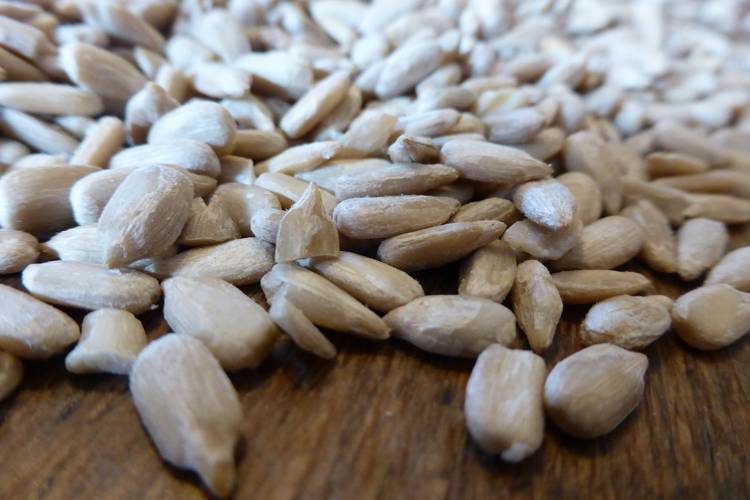
Sunflower seed oil is extracted from the seeds of the sunflower plant, Helianthus annuus, a process that yields an oil rich in various nutrients. This oil is predominantly known for its high content of unsaturated fats, which are essential for maintaining a healthy body. The type of sunflower oil—high-oleic, mid-oleic, or high-linoleic—determines its specific health benefits and culinary uses.
High-oleic sunflower oil contains monounsaturated fats that can help optimize cholesterol levels. This type of fat is beneficial for heart health as it aids in reducing bad cholesterol levels and increasing good cholesterol levels. For individuals focused on cardiovascular wellness, incorporating high-oleic sunflower oil into their diet could support heart function.
Sunflower oil is also a significant source of vitamin E, an antioxidant that plays a crucial role in protecting cells from damage caused by free radicals. This nutrient supports skin health by maintaining its barrier against environmental damage and aging. Consumers looking to enhance their skin care routine might find sunflower oil a valuable addition.
Despite its benefits, it's important to consume sunflower seed oil in moderation, especially the high-linoleic variety which is rich in polyunsaturated omega-6 fatty acids. A balanced intake of omega-6 and omega-3 fatty acids is crucial to prevent inflammation and maintain overall health.
For those seeking to diversify their dietary fat sources, alternating sunflower seed oil with oils rich in omega-3s could provide a more balanced nutritional profile. This approach aligns with ALOHA's philosophy of promoting healthier lifestyles through informed dietary choices.
In summary, understanding the nutritional makeup and health implications of different types of sunflower seed oil can empower consumers to make choices that support their wellness goals. Whether used in cooking or as part of a skincare regimen, sunflower seed oil offers versatile benefits that cater to the needs of busy professionals and parents alike.
Sunflower Seed Oil Myths

When discussing sunflower seed oil, several myths and misconceptions can lead to confusion about its health implications. It's important to separate fact from fiction to make informed dietary choices.
One common myth is that all types of sunflower oil are the same. In reality, the nutritional content varies significantly between high-oleic, mid-oleic, and high-linoleic varieties. High-oleic sunflower oil is rich in monounsaturated fats, which are beneficial for heart health. Mid-oleic offers a balance of monounsaturated and polyunsaturated fats, suitable for various cooking methods. High-linoleic sunflower oil is abundant in polyunsaturated omega-6 fatty acids, which should be consumed in moderation.
Another misconception is that sunflower seed oil is unhealthy due to its fat content. However, the type of fat matters. Sunflower oil primarily contains unsaturated fats, which are essential for maintaining a healthy body. These fats support heart health by optimizing cholesterol levels and reducing inflammation.
Some believe that sunflower oil contributes to inflammation because of its omega-6 content. While it's true that a balance between omega-6 and omega-3 fatty acids is necessary to prevent inflammation, consuming high-linoleic sunflower oil as part of a balanced diet does not inherently cause inflammation.
There's also a myth that sunflower seed oil is only good for cooking and has no other benefits. Contrary to this belief, sunflower oil is also beneficial for skin care due to its vitamin E content. This antioxidant protects skin cells from damage and supports overall skin health.
Lastly, the idea that using sunflower seed oil exclusively is best for health overlooks the importance of dietary diversity. Alternating between different types of oils can provide a more balanced intake of fatty acids and nutrients. Incorporating various oils into your diet aligns with promoting healthier lifestyles through informed choices.
By understanding these myths and their realities, consumers can better navigate their dietary options and incorporate sunflower seed oil into their routines in a way that supports their wellness goals.
Sunflower Seed Oil Uses

Sunflower seed oil is not just for cooking; it has a variety of uses that cater to both dietary and non-dietary needs. Its versatility makes it a valuable addition to any kitchen or beauty regimen. Here are some common and beneficial uses of sunflower seed oil:
- Cooking: Ideal for frying, baking, and sautéing due to its high smoke point. This means you can cook at higher temperatures without the oil breaking down and releasing harmful compounds.
Salad dressings: The mild flavor of sunflower seed oil makes it perfect for homemade salad dressings, enhancing the taste of fresh vegetables without overpowering them.
Skin moisturizer: When applied topically, sunflower seed oil can hydrate and soften the skin, thanks to its vitamin E content. This benefit is particularly appealing for those with dry skin.
Hair conditioner: Sunflower seed oil can be used as a natural hair conditioner to add shine and reduce frizz. Its light texture doesn't weigh hair down, making it suitable for all hair types.
Carrier oil for essential oils: In aromatherapy, sunflower seed oil serves as an excellent carrier oil for diluting essential oils before they are applied to the skin, ensuring safe and effective use.
Makeup remover: Its gentle nature makes sunflower seed oil an effective makeup remover that can dissolve even waterproof makeup without irritating the skin.
Dietary supplement: For those looking to boost their intake of vitamin E and healthy fats, consuming sunflower seed oil as part of a balanced diet can contribute to overall health.
Base for DIY skincare products: Sunflower seed oil can be used as a base ingredient in homemade skincare products like lip balms, lotions, and scrubs, offering a natural alternative to commercial products.
By incorporating sunflower seed oil into your daily routine, you can enjoy its numerous benefits in a variety of ways. Whether you're cooking up a storm in the kitchen or pampering your skin and hair, this versatile oil has something to offer everyone on their journey toward healthier living with ALOHA's support.
FAQ
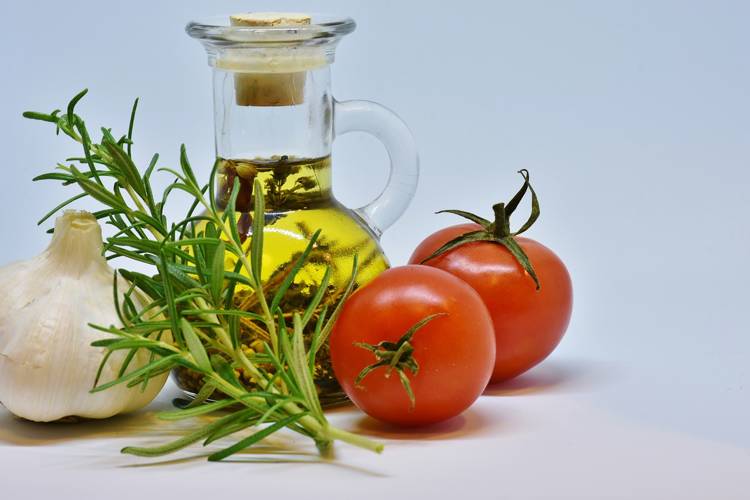
Can sunflower seed oil be used in baking as a substitute for butter?
Yes, sunflower seed oil can be used as a substitute for butter in baking. It can provide moisture and a tender texture to baked goods without adding saturated fats. When substituting, use a 3:4 ratio of oil to butter.
Is sunflower seed oil appropriate for a low-fat diet?
While sunflower seed oil contains fats, they are primarily healthy unsaturated fats. Still, moderation is key in a low-fat diet. It can be included but should be balanced with other low-fat food choices.
How does sunflower seed oil compare to olive oil?
Both oils offer health benefits due to their high content of unsaturated fats. Sunflower seed oil has a higher smoke point than olive oil, making it more versatile for high-temperature cooking. Olive oil, however, has a more distinct flavor suitable for dressings and dips.
Does sunflower seed oil contain any allergens?
Sunflower seed oil is generally considered safe and is not classified as a common allergen. Those with specific allergies to sunflower seeds should proceed with caution and consult a healthcare provider.
Can I use sunflower seed oil for deep frying?
Yes, sunflower seed oil is suitable for deep frying due to its high smoke point. This means it can withstand high temperatures without breaking down and becoming unhealthy.
How should I store sunflower seed oil to extend its shelf life?
Store sunflower seed oil in a cool, dark place away from direct sunlight and heat sources. If properly stored, it can last for up to a year. Refrigeration can further extend its shelf life.
Is sunflower seed oil environmentally friendly?
Sunflower cultivation is considered to have a lower environmental impact compared to some other crops. The oil's production process is efficient, contributing to its status as a more sustainable option.
Can sunflower seed oil help in weight management?
Incorporating sunflower seed oil in moderation as part of a balanced diet can contribute to weight management. Its healthy fats can provide a feeling of fullness, which helps control appetite.
How does sunflower seed oil benefit exercise recovery?
Sunflower seed oil contains vitamin E, an antioxidant that can help reduce muscle damage and inflammation associated with exercise. This can aid in recovery post-workout.
Is sunflower seed oil safe for pets?
While small amounts of sunflower seed oil might not harm pets, it's not necessary for their diet and could possibly cause digestive upset. Always consult a veterinarian before introducing new foods to your pet's diet.
ALOHA does not provide medical advice, diagnosis, or treatment. Any information published on this website or by this company is not intended as medical advice. Always consult a qualified health or mental health professional with any questions or concerns about your physical or mental health.
ALOHA Buying Guide

ALOHA Organic Plant-Based Protein Powder, Vanilla, 1.14 Pounds (518g) (Packaging May Vary)
ALOHA Organic Plant-Based Protein Powder is a vegan protein powder with 18g of clean, organic, plant-based protein per pouch. It contains 200mg omega-3s and provides an excellent source of magnesium & iron. It is also USDA Certified Organic Non-GMO, Gluten-Free, Dairy-Free, Soy-Free and Vegan.
The ALOHA Organic Plant-Based Protein Powder is an ideal supplement for those looking to promote lean muscle development. Each pouch provides 18g of clean, organic, plant-based protein alongside 200mg of omega 3s and essential minerals such as magnesium and iron. This vegan protein powder is also certified organic by the USDA meaning it contains no preservatives or artificial ingredients. It is also gluten free, dairy free, soy free and vegan friendly! All these features make the ALOHA Organic Plant Based Protein Powder an easy choice for anyone looking for a healthy source of nutrition.
- Organic and Plant-Based ingredients promote a healthier lifestyle
- The delicious Vanilla flavor adds a sweet touch to your protein shakes
- As it is a Protein Powder, it helps in muscle recovery and growth
- A good source of protein for those on a vegan or vegetarian diet
- At 1.14 Pounds (518g), it provides a good quantity that lasts for an extended period
- Packaging is sturdy and ensures the product remains fresh
- The product is easy to mix with water, milk, or any preferred beverage without forming lumps.
ALOHA Organic Plant Based Protein Bars | The Kona Bar - Special Edition | 6 Count, 1.98oz Bars | Vegan, Low Sugar, Gluten Free, Paleo, Low Carb, Non-GMO, Stevia Free, Soy Free, No Erythritol
ALOHA's Organic Plant Based Protein Bars are vegan, low sugar, gluten free, paleo friendly and contain 14 grams of USDA organic plant-based protein.
The ALOHA Organic Plant Based Protein Bars are a delicious and healthy snack option. They are made with local ingredients from Hawai’i such as 100% Kona Coffee, 100% Hawai’i-grown Macadamia Nuts and Ponova oil from O'ahu's North Shore. The bars contain 14 grams of USDA organic plant-based protein as well as 10g of fiber and only 5g of sugar per bar, making them an excellent choice for those looking for a nutritious snack. Furthermore, the bars are vegan, Non-GMO, gluten free snacks that are Soy-Free, Dairy-Free and Stevia-Free. Finally, 10% of proceeds from the bars will be donated to Kupu to support agricultural education programs in Hawaii – a nice touch!
- Organic Plant Based Protein: Consumers love the fact that these bars are made from organic plant-based protein, making them a great source of protein for vegans and vegetarians.
- Special Edition Kona Flavor: The unique Kona flavor is a hit among customers, who appreciate the novelty and taste of this special edition.
- Low Sugar: Customers appreciate that these bars are low sugar, making them a healthier snack option.
- Gluten Free and Paleo: These bars are gluten free and paleo, which fits perfectly into the dietary needs of many consumers.
- Non-GMO: The fact that these bars are Non-GMO is highly valued by consumers who are careful about their food choices.
- Free from Stevia, Soy and Erythritol: Customers value the absence of Stevia, Soy and Erythritol in these bars, making them a clean eating option.
- Low Carb: The low carb count is appreciated by customers who are watching their carbohydrate intake or following a keto diet.
Plant-Based Protein Powder | Organic Chocolate Keto Friendly Vegan Protein with MCT Oil, 19 oz, Makes 15 Shakes, Vegan, Gluten Free, Non-GMO, Stevia Free & Erythritol Free, Soy Free, Dairy Free & Only 4g Sugar
Plant-Based Protein Powder with Organic Chocolate, Keto Friendly, Vegan, Gluten Free, Non-GMO, Stevia Free & Erythritol Free, Soy Free, Dairy Free and Only 4g Sugar.
This Plant-Based Protein Powder is an excellent choice for those looking for a healthy and delicious way to get their daily protein intake. It is vegan and contains no soy or dairy meaning it can be enjoyed by most dietary restrictions. Plus it is keto friendly with only four grams of sugar per serving! It also contains MCT oil giving it a boost of natural energy that will keep you going throughout the day. Finally, this product is free from both stevia and erythritol making it a great choice for those who want to avoid artificial sweeteners.
- Plant-Based: The protein powder is vegan-friendly, making it suitable for those following a plant-based lifestyle.
- Keto Friendly: With MCT Oil included, it is ideal for those on a ketogenic diet.
- Low Sugar: Containing only 4g of sugar, it's an excellent option for people looking to limit their sugar intake.
- Gluten and Soy Free: This product is perfect for those with dietary restrictions as it's free from gluten and soy.
- Dairy Free: Being dairy-free makes it an excellent choice for lactose-intolerant individuals or those avoiding dairy.
- Non-GMO: The protein powder is non-GMO, indicating a commitment to natural ingredients and health.
- Free from Stevia and Erythritol: This product does not contain stevia or erythritol, making it a great choice for those who prefer to avoid these sweeteners.




